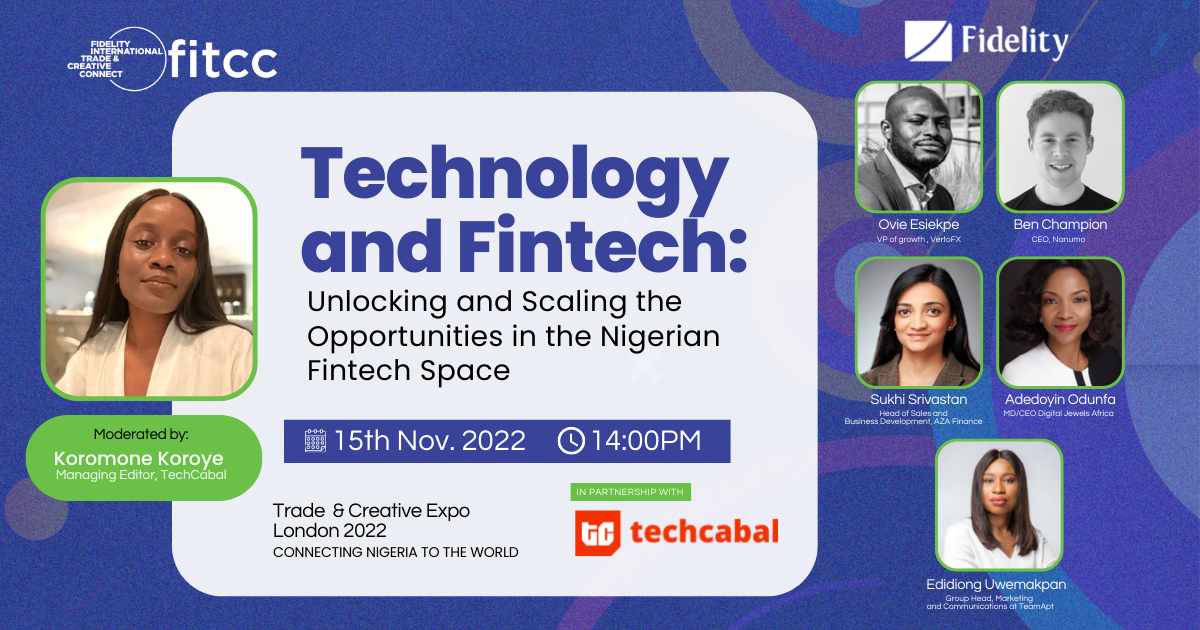Nigeria’s startup ecosystem has grown significantly over the past decade. According to a report by Partech, $1.8B was invested in Nigeria in 2021- 34% of the total equity funding to African startups that year. With 185 equity deals accounting for 27% of the continental total, Nigeria is dominating the ecosystem in terms of investment volume and the number of equity rounds.
Also, the fintech industry has played host to a large chunk of venture funding, foreign investments, as well as business consolidations and collaborations in the Nigerian tech ecosystem. The industry generated over 70% ($293.2 million) of the startup revenue in the first quarter of 2021. This clearly indicates that the fintech industry in Nigeria has experienced massive development over the years.
However, in recent years, an increasing number of startups have begun to expand outside of Africa into other emerging markets. The fintech industry has particularly witnessed a series of intercontinental expansions in a bid to attain a global presence.
In 2018, Paga announced expansion intentions to Mexico and the Philippines as part of a $10m funding round which was followed by the expansion of Migo, a fintech startup that offers credit-as-a-service to big Nigerian businesses, to Brazil in 2019.
In addition, mobile loan app Lidya also lent $3m to SMEs in Eastern Europe following its expansion to Poland and the Czech Republic in April 2020, and Get It Done Now (GIDN), a mobile fintech and e-commerce platform, expanded to Spain in 2021, amongst many others.
Despite its rapid expansion, Nigeria’s fintech sector still faces a number of obstacles that continually hinder future progress. This includes but is not limited to regulatory barriers, misinformation and illiteracy that results in a lack of trust in fintech companies, fraud, etc.
Nevertheless, Nigeria remains a growing fintech hub and there are still prospects for the ecosystem to be further developed through intercontinental expansions.
The potentials that other emerging markets like Europe offer are reflected in opportunities such as the free flow of goods and services in the EU, access to local and regional partners, and market clusters that offer easy and immediate access to a robust supply chain.
Generally, the hurdles to entry into global marketplaces are no longer as difficult as they formerly were because we now operate in a very international economy, there is no better time to explore global expansion than now.
On the 15th and 16th of November, Fidelity Bank in partnership with TechCabal will host the inaugural edition of the Fidelity International Trade and Creative Connect. The event will bring together leading entrepreneurs, investors and regulators operating in Nigeria’s commodity, service, creative, fashion and fintech sectors, to discuss the strides of players in the tech and creative sectors. They will also discuss the opportunities that can be leveraged to scale the ecosystem. Register here to attend.


















